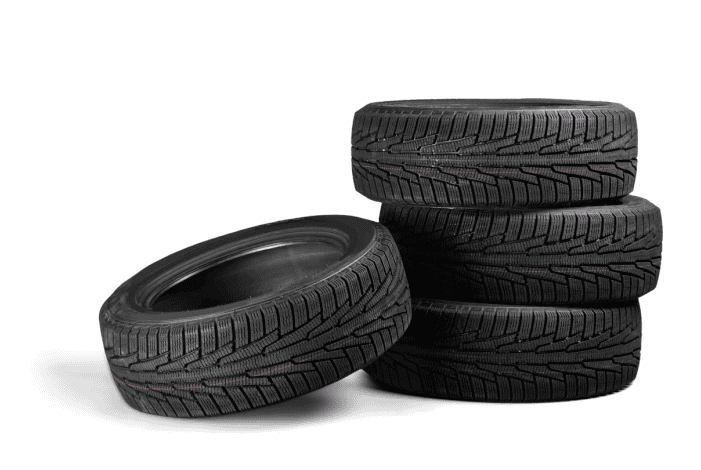Choosing the right tires for your vehicle is one of the most important decisions you’ll make when it comes to maintenance. With a vast array of brands, sizes, and types available, the selection process can be daunting. In this blog post, I will discuss how to choose the right tires for your vehicle.
Types of Tires
All-Season Tires
All-season tires are a popular choice due to their versatility. They are designed to perform well in various conditions, including wet roads, dry roads, and light snow.
Summer Tires
Summer tires offer excellent performance on dry and wet roads and provide superior braking in warm weather. However, they are not suitable for snow and icy conditions.
Winter Tires
Winter tires are specifically designed for snow and icy conditions. They are made from rubber that remains flexible in low temperatures, enhancing traction and safety.
Performance Tires
Performance tires are designed for excellent handling and speed capabilities, making them ideal for sports cars. However, they tend to wear out faster than other types.
Tire Size
When purchasing new tires, it’s best to choose ones similar to those your vehicle originally came with, as your vehicle was designed to work well with these tires. You can find the correct tire size in your owner’s manual or on the tire placard located on the driver’s side door jamb. Tire size is expressed in a format like P215/65R15, which means:
P: Tire type (Passenger)
215: Tire width in millimeters
65: Aspect ratio (height of the sidewall as a percentage of the width)
R: Radial construction
15: Diameter of the wheel in inches
Factors to Consider When Choosing Tires
Driving Conditions
Consider the typical road conditions you encounter. Frequent exposure to potholes and speed bumps can cause tire wear, sidewall bulges, tread separation, or punctures. This will help you decide whether you need performance tires or if all-season tires will suffice.
Driving Style
Your driving style affects tire longevity. If you drive in wet conditions or on unpaved roads, choose tires with better traction to handle the wear and tear. For daily commuting, all-season tires are a good choice.
Budget
Tire prices vary widely. Setting a budget will help you choose the best tires within your price range.
Brand and Warranty
Opt for tires from reputable brands known for quality and reliability. Check the manufacturer’s warranty to ensure peace of mind regarding the tires’ longevity and durability.
Conclusion
Selecting the right tires is important for maximizing your vehicle’s safety, performance, and efficiency. With so many options available, taking the time to evaluate your typical driving conditions, habits, budget, and tire specifications can make all the difference. Whether you need all-season versatility, winter traction, or high-performance handling, choosing the right tires tailored to your needs will ensure a smoother, safer driving experience – and long-term value for your investment.

